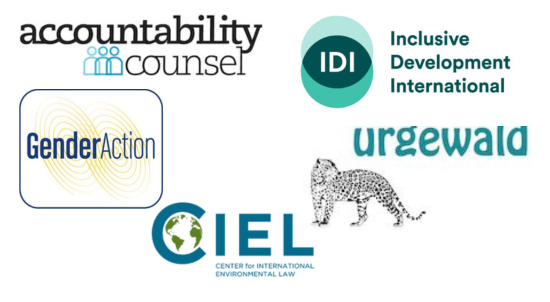External Investigation Into Alleged IFC Cover-Up Must Be Robust and Transparent

On March 13, 2024, World Bank Group (WBG) President Ajay Banga announced an external investigation of allegations of interference in the IFC Compliance Advisor Ombudsman (CAO) process as relates to IFC’s investments in Bridge International Academies.
We welcome President Banga’s announcement. It represents a positive albeit belated response to a call made by 35 international human rights and labor organizations in October 2023, in which we appealed for the Bank to:
“Conduct an expeditious, independent and thorough investigation of the allegations that World Bank Group and Bridge management colluded to obstruct and delay CAO’s investigation of the child sexual abuse allegations and seek the resignation of anyone who is found responsible.”
As the World Bank Group moves forward with this investigation, it is important that it is independent and thorough. This includes investigating all relevant allegations of interference in the CAO process that impacted the Bridge investigation, including those set out in our November 2023 letter to the WBG President and Board. Among those allegations of efforts to “neutralize” and retaliate against the lead investigator of the case, the circumstances surrounding the signing of a non-disclosure agreement with Bridge, and whether material critical of IFC or its client was unjustifiably removed from the CAO report.
For it to be legitimate, the investigation must be methodologically robust and independent of WBG management. The investigation must be Board-initiated, and the investigative team must report directly to the Board. Crucially, no IFC staff should play any role in the design or oversight of the investigation. The investigation team must have full access to WBG staff and documents throughout their investigation.
The investigation should result in recommendations designed to address any ongoing impacts on the CAO, including those related to the Bridge investigation, as well as the underlying, systemic causes of the alleged interference in the CAO process, such as the use of non-disclosure agreements, management’s participation in the selection process for the CAO Director General, the WBG’s inadequate application of whistleblower protections, and IFC management’s interest in limiting CAO’s authority and ability to independently carry out CAO’s work.
Without a thorough and transparent investigation into alleged interference with the CAO’s accountability process, IFC and the WBG risk further reputational damage. Furthermore, IFC stakeholders, including communities affected by IFC projects, will lose even more trust in IFC’s ostensible commitment to holding itself accountable for harm through a robust and effective independent accountability mechanism.
The full list of recommendations can be found here.

